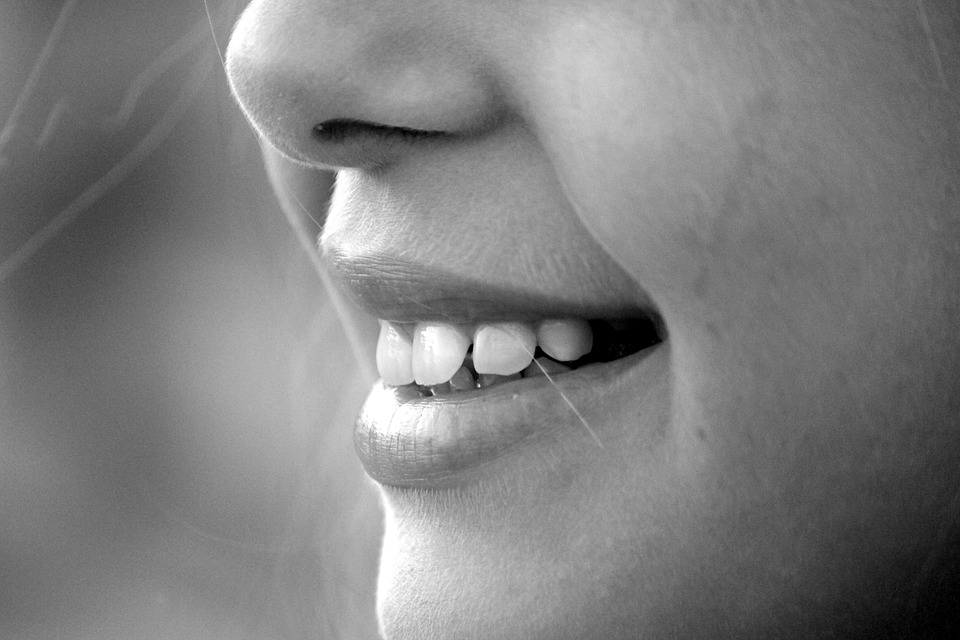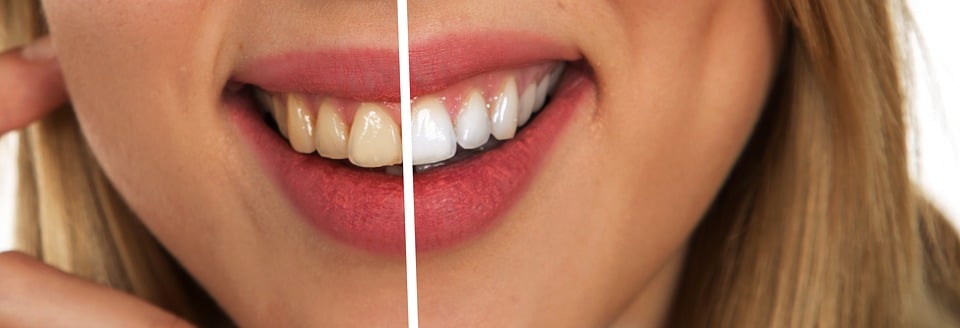Why are the corners of my mouth cracking?
Your cracked lips could be due to a number of different factors. A few examples are as follows:
Cracked skin at the mouth’s corners is often brought on by dryness. The dry air of winter, or the side effects of some medications, are two possible triggers for this condition. Use a moisturizing lip balm or ointment and drink lots of water to keep your lips from drying out and cracking at the corners of your mouth.
Red, inflamed, and painful fissures form at the inside corners of the mouth in Angular Cheilitis. It can be brought on by a bacterial or fungal infection, or by irritation from saliva or dentures. Typically, antifungal or antibacterial ointments or creams are used to treat angular cheilitis.
Corners of the mouth may split if you’re lacking essential nutrients like iron, zinc, or B vitamins. See a doctor if you suspect you have a nutrient deficiency so they can diagnose and treat you appropriately.
Allergic reactions: if you have ever experienced a reaction to a particular product, like toothpaste or makeup, you know that it can cause the corners of your mouth to crack. Avoiding the allergen or allergens in question is the first line of defense against an allergic reaction, but if symptoms persist, medical attention should be sought.
Tips for better oral health
Taking care of your teeth and gums is important for your general health and well-being. You can avoid unpleasant dental issues like cavities, gum disease, and bad breath by practicing good oral hygiene. Improve your oral health with these suggestions.
To begin, you should always brush your teeth after eating and before going to bed. Brush your teeth and gums gently using a fluoride toothpaste and a toothbrush with soft bristles. Brush your teeth thoroughly, including the chewing and non-chewing surfaces. You can also get rid of bad breath and bacteria by brushing your tongue.
Another important part of regular dental care is flossing. It aids in the removal of food particles and plaque from hard-to-reach places between teeth and along the gum line. Use dental floss or interdental cleaners to clean between your teeth at least once daily. Consider investing in a water flosser if you have difficulty with regular dental floss.
To keep your teeth and gums in good condition, it’s also important to eat healthily. It’s best to keep your teeth healthy by avoiding foods high in sugar and starch. Instead, focus on eating a diet high in healthy foods like fruits, vegetables, whole grains, and lean proteins. Keeping your mouth moist and free of food debris and bacteria can also be aided by drinking plenty of water.
Visits to the dentist twice a year for cleanings and exams are essential for avoiding dental issues. To maintain healthy teeth and gums, it is recommended that you see your dentist twice a year for checkups and cleanings. If you have any dental problems, your dentist can diagnose and treat them right away.
Finally, quit harmful habits like smoking, chewing tobacco, and nail biting if you care about your oral health. Teeth and gums can be easily damaged in contact sports; a mouthguard will help prevent that.
Basically, your entire body will thank you if you make it a priority to care for your teeth and gums. You can protect your teeth and gums by maintaining good oral hygiene practices like regular brushing and flossing, a balanced diet, and trips to the dentist. If you follow these guidelines, you can keep your teeth and gums healthy and avoid dental problems.




